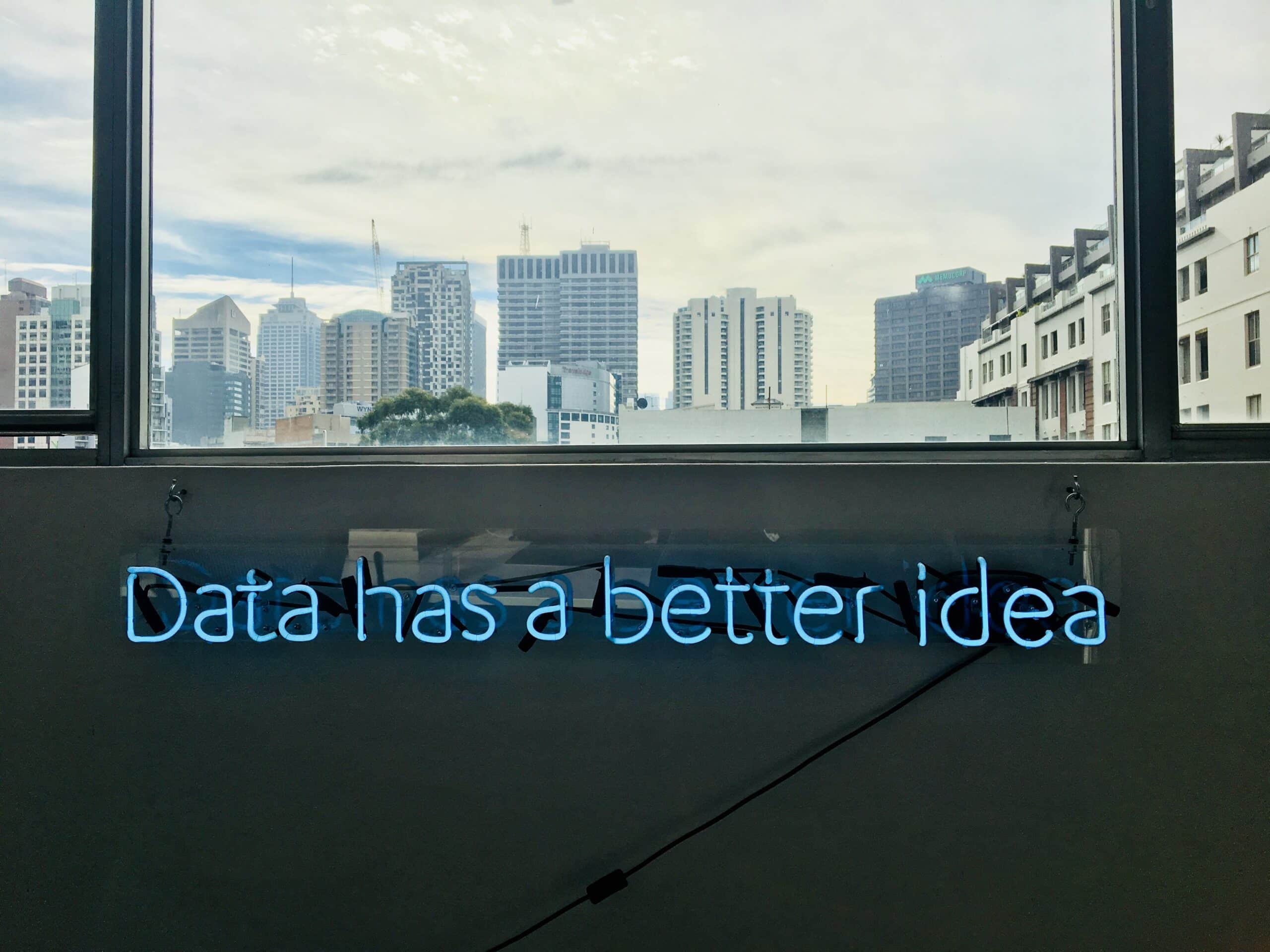How AI will shape the future
You've probably heard or read about it before: Artificial Intelligence, aka artificial intelligence. From chatbots and Google Home to self-driving cars and smart robots, its application is currently a hot topic, but not only in the tech industry. The impact of AI can be drawn out on a much larger scale: it is coming back into our daily lives! In our previous blog on Artificial Intelligence, you read that it has become a major factor in the digital transformation the world is experiencing. This trend is continuing. But how big will AI's influence be? And what kind of applications can we expect? In this blog, we look to the future and express our expectation about the applications of AI in the short and long term.


Enter the conversation with Koen!
In our previous blog on AI, we outlined the following expectation: AI will inevitably play an increasing role and change the way we perform certain actions. What this change entailed was left open at the time, but we are happy to elaborate on it now. In the short term, this mainly concerns applications for which there is already a starting point, and which are therefore reasonably realistically feasible. In the long term, our expectations are somewhat higher: they may build on a current development, but realistic feasibility is often still a long way off.
AI applications in the short term
Expectations for AI applications in the short term are mainly derived from current developments. The possibilities that follow from this are reasonably feasible and are already being worked towards. Here are a few examples:
Automated transportation
You've probably heard about self-driving cars. Cars that scan their surroundings themselves and automatically adjust their driving accordingly. This development already exists now and will continue to increase in the future. When all cars are equipped with the self-learning technology, they will all be able to interact optimally and traffic will not only become safer, it will also become more efficient. Imagine a Monday morning without traffic jams!
Improved care for the elderly
A 'house robot' that does everything for you. You may immediately think of a famous Will Smith film where things did not turn out so well for the robots, but a piece of AI in the home can certainly take some of the burden off humans. This is particularly beneficial if you are a bit more immobile. Think of simple tasks like switching the light on or off, but with enough input, more can soon be achieved. Google Home is the first textbook example of this: soon you will control your entire house from the comfort of your armchair!
In the work environment
In the short term, the opportunities for AI grow mainly in the field of Data Analytics. Analysing large amounts of data, recognising patterns in it and automatically picking out and improving errors. It helps you to get better insight in your data and serves as a basis for better decisions in business. Read more about the effect of smart Data Analytics in your work environment in our blog about what data analytics can do for you.
AI's long-term applications
AI is still in its infancy as far as applications go. And this is not because it is new (AI has been around since the introduction of the Turing Test in 1950). It is mainly about the possibilities that lie ahead in the long term. And they are so broad that today's applications and short-term expectations are nothing like it. Here are a few examples:
Internet of physical things
A progressive vision of the future in which AI is central. Everything is in contact with each other, as it is on the Internet today, but physical things. Think, for example, of a shop stock that automatically replenishes itself from a warehouse. Or on a domestic scale: a system that automatically estimates when your toothpaste runs out and delivers a new one.
Solving climate change
AI can provide a solution to one of today's key problems! To do so, it also uses patterns. Indeed, AI can use big data to recognise such patterns in climate and arrive at possible solutions. After all, climate depends on so many factors that it can hardly be grasped by humans. For fully efficient improvement, this is where AI really needs to come in. And the further development goes, the better a piece of artificial intelligence can come to a solution.
In the work environment
In the long term, there will be a shift in the labour market. Many people fear that robots with artificial intelligence will take jobs and there will be fewer opportunities for human work. Optimists, however, argue that the combination of humans and machines can only have advantages: new jobs in new fields and more productivity through efficient collaboration. One thing most do agree on: artificial intelligence will never be above human intelligence.
The long-term possibilities are endless, but often lofty. It assumes extensive possibilities that may be feasible, but are far from being so. In the short term, however, it becomes more realistic. In the short term, these changes can have a great impact on our daily lives. Progress continues to be made and therefore Artificial Intelligence status as hot topic not easily lost.
Are you curious if AI can help you move forward too? Or would you like to explore the possibilities for your company? Our software specialists are ready for you! Feel free to contact us for an enlightening conversation.


